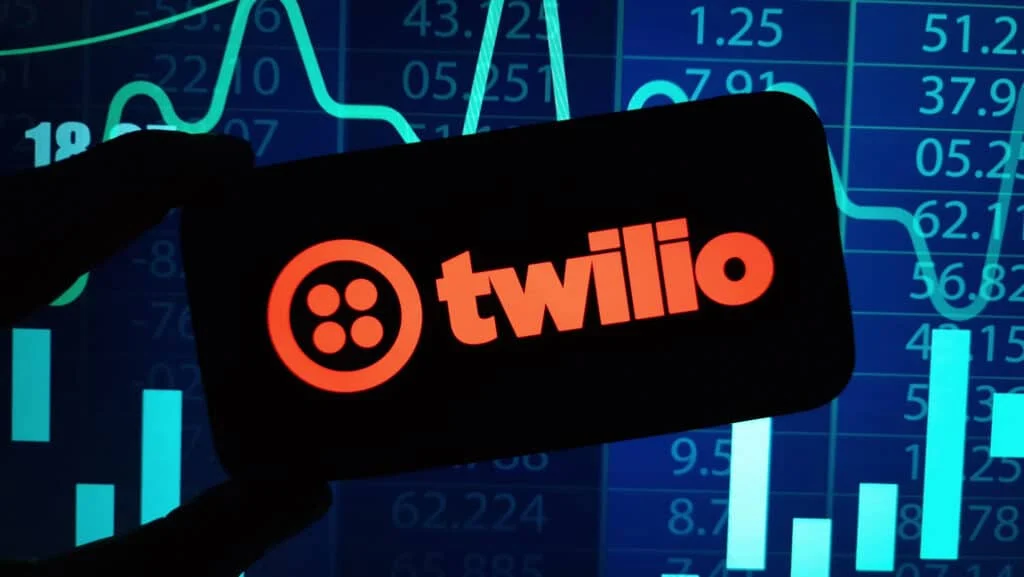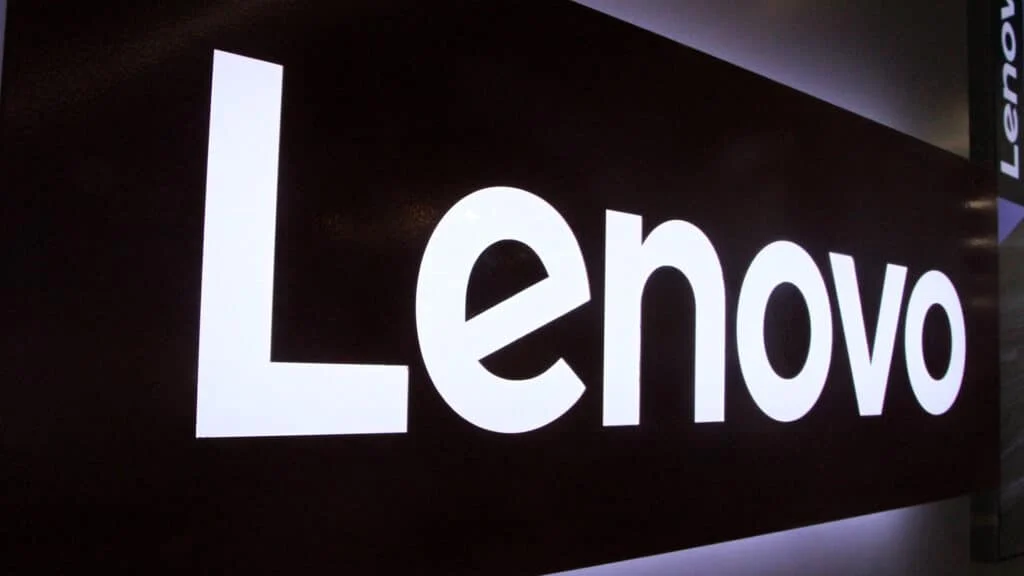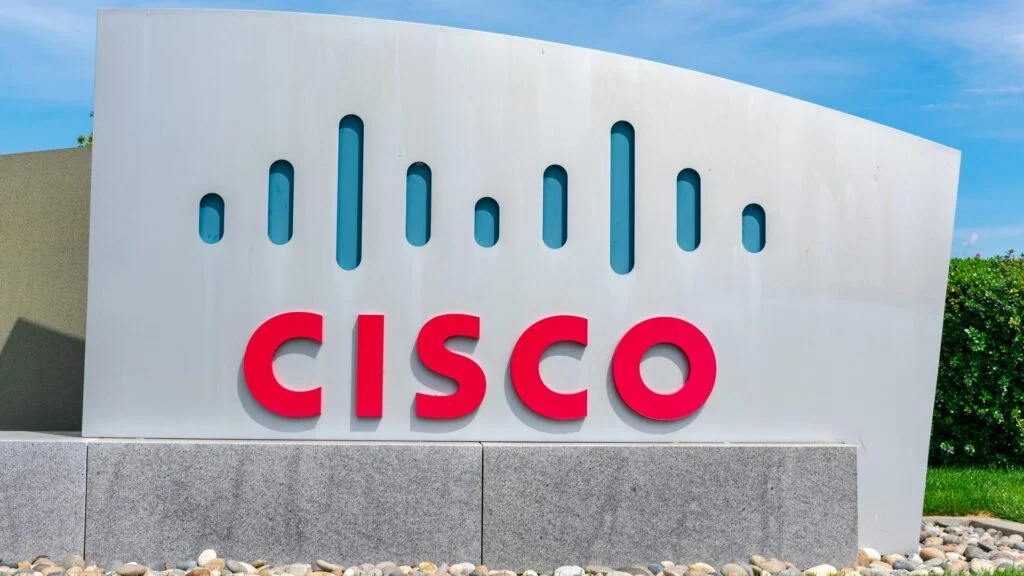Analyst(s): Brad Shimmin
Publication Date: May 15, 2025
Databricks announced its acquisition of Neon, a serverless PostgreSQL hosting company. This strategic move aims to provide AI agents with a high-performance, lightweight database tool, signaling Databricks’ commitment to tailoring data tools for AI-driven and agentic applications.
What is Covered in this Article:
- Databricks has agreed to buy Neon, a serverless Postgres database hosting company. The company cites the growing demand for a serverless, open-source database tailored to the needs of not only human developers but also Agentic AI processes themselves.
- This acquisition signals its clear intent to capitalize on the growing demand for data tooling tailored to the unique needs of AI-driven applications, especially applications featuring agentic processes.
- The company offered few details about how the acquisition will influence its portfolio on a product level. However, Databricks has promised to share more information in June during its Data + AI Summit in San Francisco.
The News: Databricks announced that it has acquired Neon, a Postgres database hosting company, which offers a fully managed hosting option for PostgreSQL, featuring rapid startup times and fully serverless elastic scaling. With this acquisition, Databricks seeks to equip developers building AI agents with a high-performance yet lightweight database option well-suited to the unique rigors of AI-driven agentic workloads.
Databricks Takes on Agentic AI Itself as a New User Persona With the Acquisition of Postgres Database Provider, Neon
Analyst Take: Databricks continues to fire on all cylinders with its announced acquisition of serverless Postgres database hosting company, Neon. On the surface, this acquisition equips Databricks with a developer-focused relational database, extending its reach beyond the confines of the open data lakehouse market for analytical workloads. With Neon’s implementation of the world’s most popular database (PostgreSQL) as a part of its stable of products, Databricks can more readily target a broader range of application developers, not just data scientists, ML engineers, and other data professionals. However, as the company has pointed out in its announcement materials, this is much more than a developer enablement play. Rather, given the ubiquity of the PostgreSQL database and the serverless architecture used in Neon’s implementation of Postgres, this acquisition swings wide the doors for non-human consumers – namely, the large language models (LLMs) that power the rapidly emerging market for agentic AI solutions.
Why should AI agents need access to a database? Quite simply, just as LLMs often require access to supportive tools such as a Python interpreter to more efficiently and accurately answer questions involving logic and mathematics, increasingly tool-capable LLMs need access to data structures to perform complex operations requiring a level of fidelity, persistence, and performance. With sub-500 millisecond start-up times and the flexibility to allow for instant branching and forking of both database schema and data, Neon can readily support agentic processes where one or more constituent LLMs might need to explore and iterate over a data structure without human intervention or pre-arranged resource allocation.
This approach engenders several knock-on benefits. First, it enables AI agents to operate more closely to machine speed, sidestepping potential database provisioning and startup performance bottlenecks. Second, it enables rapid experimentation and testing without disturbing production resources. Third, Neon’s serverless approach can scale up and down rapidly to better accommodate the non-deterministic nature of agentic processes without wasting storage and computing resources that might otherwise sit idling in anticipation of potential demand. It is no wonder that Neon’s internal database telemetry shows nearly 80% of all databases running on their platform were provisioned not by humans but by AI agents.
Since this acquisition has yet to close, Databricks could not discuss how it might integrate Neon into its Data Intelligence Platform. However, given that Neon and Databricks both desire to separate storage and compute and view open-source software development as a mission-critical philosophy, post-close integration should proceed at a pace on an architectural level.
Databricks’ third big-dollar data and AI-related purchase in just two years, joining MosaicML and Tabular, the acquisition of Neon signals its clear intent to capitalize on the growing demand for data tooling tailored to the unique needs of AI-driven applications, especially applications featuring agentic processes. With a longstanding and well-regarded data processing, data lakehouse, analytics, and AI development tooling at the ready, this acquisition should quickly propel Databricks into new territory. Of course, in so doing, the vendor will find itself in more direct competition with the companies it relies upon to reach cloud customers. Regardless, this combined effort promises to accelerate the evolution of enterprise application design and development through an AI-agent-friendly database platform.
What to Watch:
- How will this move impact Databricks’ relationship with the hyperscale hosting providers on which it depends? Partners Google, Microsoft, and AWS all offer their own PostgreSQL database options, either directly hosting the popular database or offering related tooling, as with Google’s Cloud SQL for Postgres and Amazon RDS for PostgreSQL.
- Will Databricks use this acquisition to broaden the adoption of its Unity Catalog? If the company intends to position Neon as an agent-focused database, it must forge a tight coupling with the Unity Catalog as a metadata-driven observability and data quality partner product.
- With this acquisition, Databricks can further engage with the enterprise app developer community and grow its influence beyond data and analytics professionals. However, this will strain the company, testing its ability to extend its sales, support, education, and outreach programs to effectively engage with this already hotly contested marketplace.
See the complete press release on the acquisition of Neon on the Databricks website.
Disclosure: Futurum is a research and advisory firm that engages or has engaged in research, analysis, and advisory services with many technology companies, including those mentioned in this article. The author does not hold any equity positions with any company mentioned in this article.
Analysis and opinions expressed herein are specific to the analyst individually and data and other information that might have been provided for validation, not those of Futurum as a whole.
Other insights from Futurum:
SAP and Databricks Launch SAP Business Data Cloud
Dataiku Everyday AI Conference – Rising Above the Agentic AI Fray
IBM Think 2025 – Watsonx Platform Fuels Agentic AI and Hybrid Cloud Value
Author Information
Brad Shimmin is Vice President and Practice Lead, Data Intelligence, Analytics, & Infrastructure at Futurum. He provides strategic direction and market analysis to help organizations maximize their investments in data and analytics. Currently, Brad is focused on helping companies establish an AI-first data strategy.
With over 30 years of experience in enterprise IT and emerging technologies, Brad is a distinguished thought leader specializing in data, analytics, artificial intelligence, and enterprise software development. Consulting with Fortune 100 vendors, Brad specializes in industry thought leadership, worldwide market analysis, client development, and strategic advisory services.
Brad earned his Bachelor of Arts from Utah State University, where he graduated Magna Cum Laude. Brad lives in Longmeadow, MA, with his beautiful wife and far too many LEGO sets.







